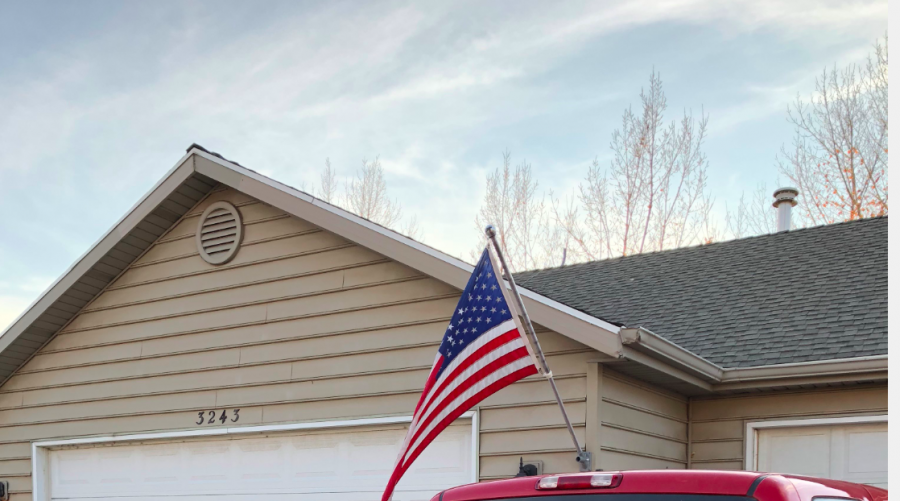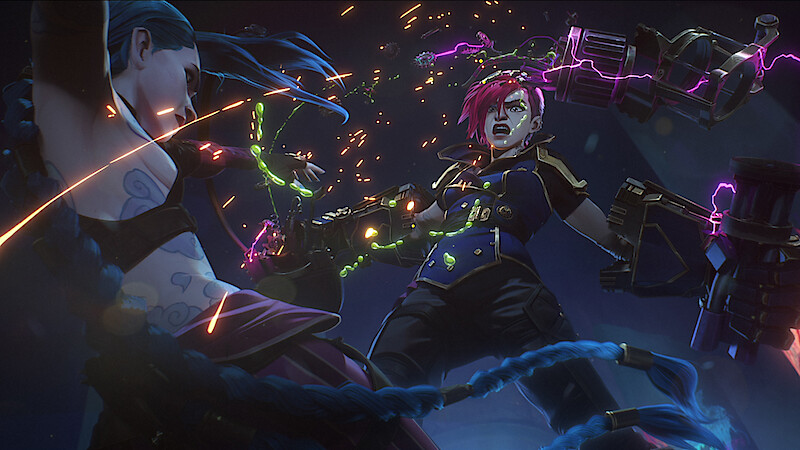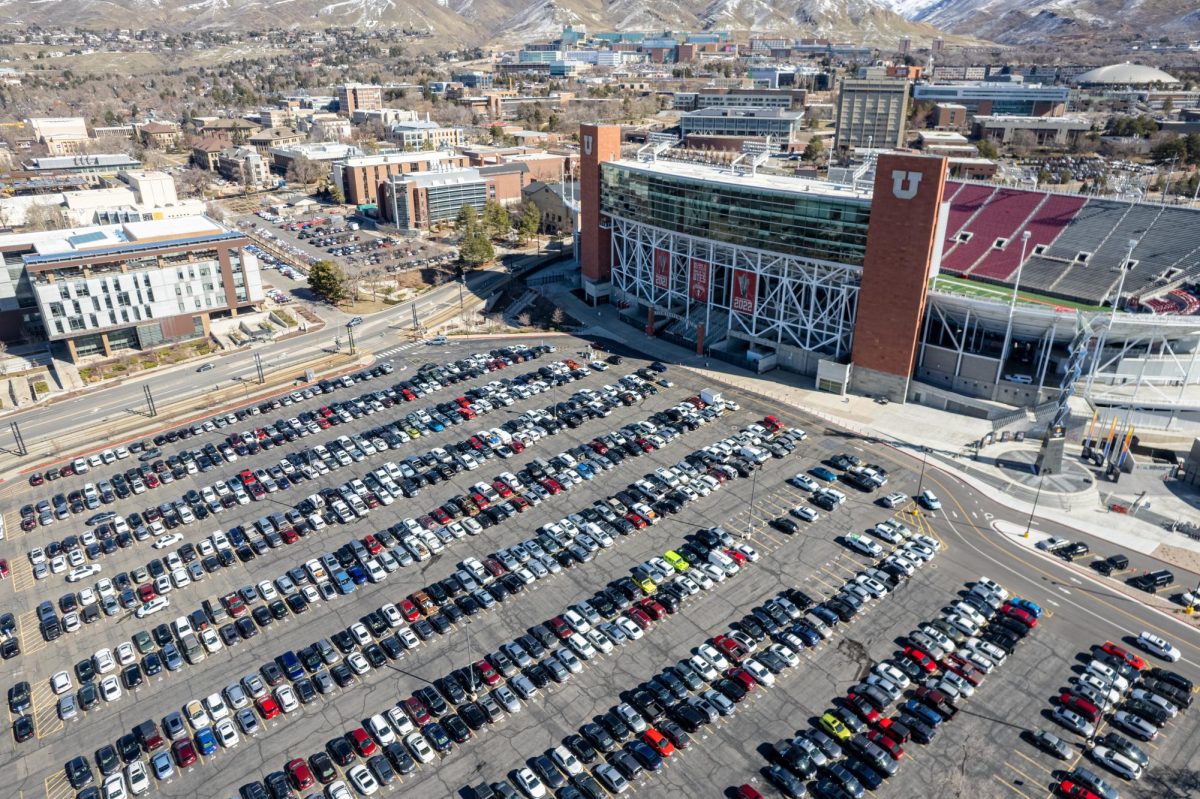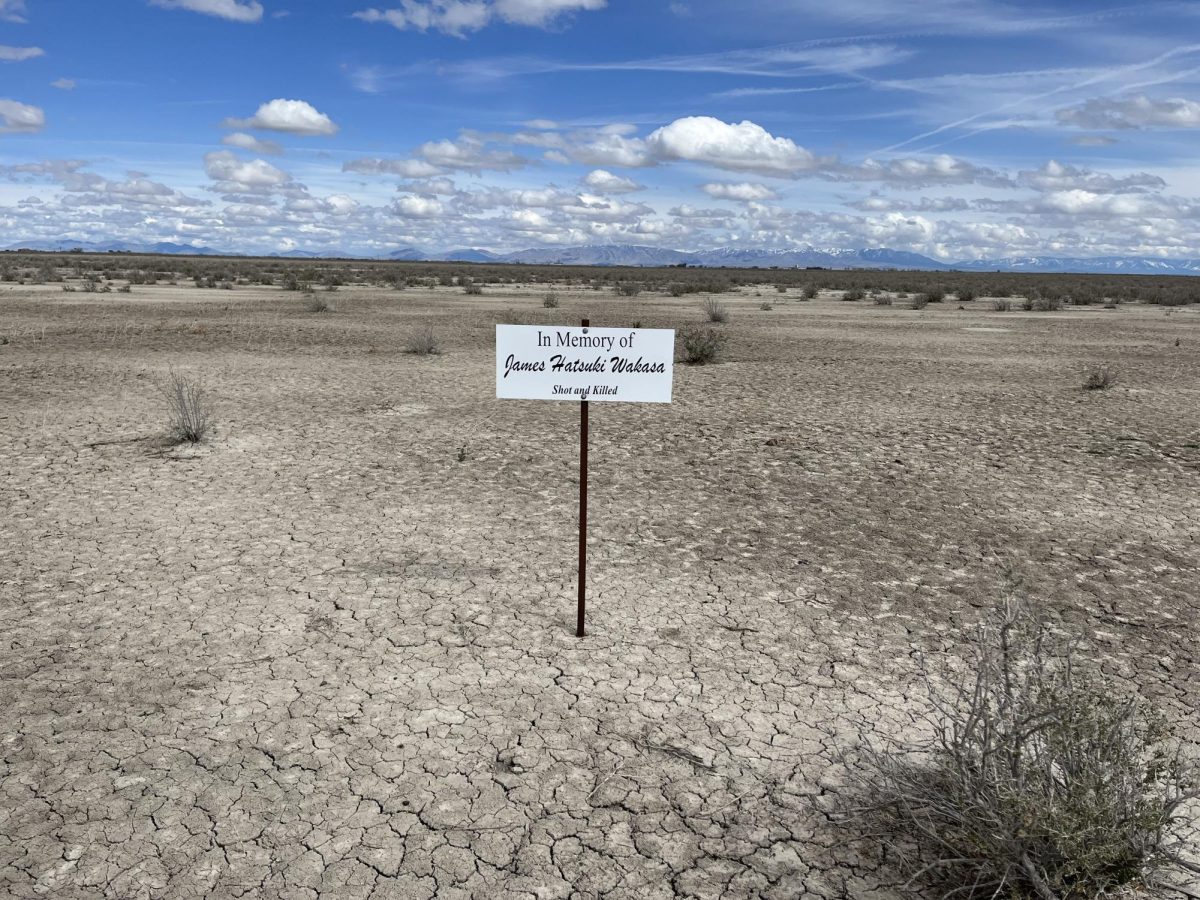Domestic Violence Rises as the Pandemic in the US Approaches its Year Mark
February 11, 2021
At the beginning of quarantine, a concern about the rise in domestic violence situations was voiced, However, as time went on, the thoughts of domestic violence seemed to disappear from most peoples’ minds. While the thought may not be constantly present, the threat is still there.
Dr. Annie Fukushima, Assistant Professor in Ethnic Studies at the University of Utah and Project Lead, University of Utah’s Gender-Based Violence Consortium, said increasing domestic violence threats are a fact of life right now.
“In May and June 2020 there was murder/suicide, familicide, and a missing woman. There was a decline between 2017 to 2019 in domestic violence bookings, but there was a jump in 2020 starting in March,” Fukushima said.
NBC News reported in Oct. 2020 that preliminary data for the year showed domestic violence homicides had already reached double the 2019 number.
“People might be afraid to move or can’t move because of job loss. People make decisions to stay with their abusers when they don’t feel they have a way out,” Fukushima said.
Sam Candland, LINKLine Coordinator for the Utah Domestic Violence Coalition said they have seen “25-50% increase in crisis calls and longer stays in shelters” since the start of the pandemic. Her guess as to why this was is because of loss of employment, isolation, social distancing and probably more.
The UDVC helps with funding and support for people in domestic violence situations, making sure that people are able to stay in emergency housing when needed. Steph Rupay, their COVID-19 Coordinator, focuses on vaccine roll out and education for those in domestic violence situations.
Fukushima explained that the U’s Gender-Based Violence Consortium has created a relationship violence toolkit for educators so that professors and other educators, who may be the only outside contact a domestic violence victim may have contact with during this time, have the proper tools to handle the situation.
Candland said that if you are currently dealing with domestic violence, reach out to LINKLine and know that “isolation increases violence and decreases safety.” In an emergency situation, call 911.
“Try to curate connections if possible,” Fukushima said. “An abuser will try to cut off all outside connections, so curating outside connections will help.”
Fukushima also added that reaching out to UDVC for safety planning to either stay or leave depending on the situation is a good idea. The UDVC also provides housing options.
Candland said it’s important to continue to educate others. Their LINKLine is run by volunteers, which they are still accepting. Volunteering might look a little different than 2019 but, Candland said, they’re “not going to stop providing to those in need.”







